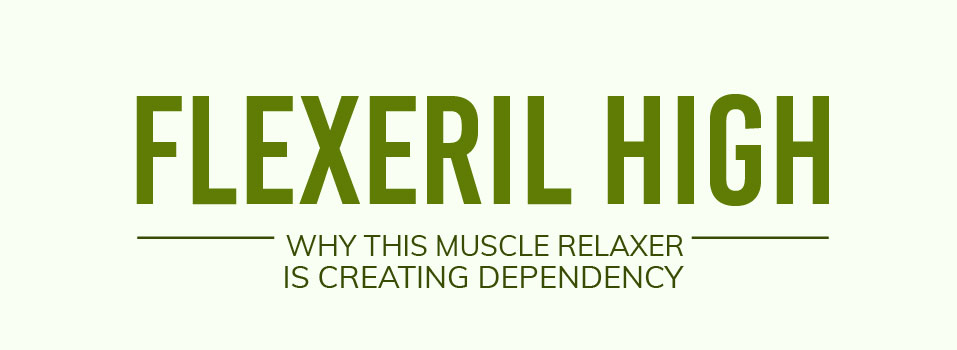Northpoint Recovery: Proven Outcomes Following Addiction Treatment
Addiction continues to be a major problem in the United States, which indicates an ongoing need for drug treatment and alcohol treatment. Each year, millions of individuals and their families are affected because of addiction, and the right type of drug rehab has proven to reduce the costs of these untreated drug and alcohol addictions. Professional drug rehab facilities offer hope to these individuals and their families, giving them the support they need during recovery and the tools and knowledge they need to maintain recovery long term.
Drug and Alcohol Addiction Statistics
Drug addiction and alcohol addiction are both very costly when they go untreated. In fact, according to the National Institute on Drug Abuse, they cost more than $400 billion per year. These costs include incidents of criminal activity, losses in work productivity, as well as health care costs.
A quick glance at the statistics for both adult and youth substance abuse reveals a definite need for all forms of substance abuse treatment methods, including inpatient and outpatient rehab. For example, according to The Substance Abuse and Mental Health Services Administration (SAMHSA):
- In the year 2014, almost 10% of all teenagers between the ages of twelve to seventeen used illegal drugs during the previous month. This breaks down to approximately 2.3 million teenagers, nationwide.
- In the year 2014, just over 6% of all teenagers between the ages of twelve to seventeen admitted to binge alcohol use during the previous month. This breaks down to approximately 1.5 million teenagers, nationwide.
- During the same year, 7.1 million people, ages twelve and older were reported to be dependent on illegal drugs.
- In addition, 15 million people who were age twenty-one and older reported heavy alcohol use during the previous month, across the United States.
- Approximately 53% of all American adults report that at least one of their relatives has a drinking problem.
- There are more than 50,000 reported alcohol overdoses every single year.
The need for treatment is clear, and with millions of adolescents and adults suffering from their addictions, many of them aren't sure where to get the help they need, or even if they are eligible to receive substance abuse treatment services.
How Effective is Drug Addiction Treatment?
Addiction is categorized as a disease, and rightfully so. Like other diseases, such as cancer, high blood pressure or asthma, addiction is often successfully treated through the right types of professional drug rehab programs. Many individuals who receive substance abuse treatment are able to continue remaining abstinent from drugs and alcohol on a long-term basis. In fact, according to the Partnership for Drug-Free Kids:
- 10% of all adults who received treatment for an alcohol or drug addiction considered themselves to be in successful recovery following drug and alcohol rehab in 2012. This percentage indicates that approximately 23.5 million Americans are in recovery and maintaining their goals to abstain from drugs and alcohol.
- Studies have shown that inpatient drug and alcohol rehab is the most effective form of substance abuse treatment for long term recovery.
Just like any disease, success rates after drug and alcohol rehab vary depending on commitment level and willingness to adhere to treatment objectives.
Relapse Rates for Teens and Adults Following Drug and Alcohol Rehab
Relapsing after substance abuse treatment should be expected. However, it's important to note that according to the National Institute on Drug Abuse, relapse rates for drug and alcohol addicts are very similar to those who experience relapse after being diagnosed with other diseases. In fact:
- The relapse rate for individuals with a drug addiction is between 40-60%.
- The relapse rate for individuals with Type 1 Diabetes is between 30-50%.
- The relapse rate for individuals with hypertension or asthma is between 50-70%.
According to Psychology Today, the statistics for relapse change considerably, depending on how long it's been since the last use of drugs and alcohol.
- For those who have been sober for less than a year, one-third will relapse.
- For those who have been sober for a year, less than half of them will relapse.
- For those who have been sober for five years, their chance of relapse drops to less than 15%.
While there are always exceptions, studies indicate that involvement and participation with an excellent addiction treatment program directly influences both success rates and relapse rates.
Factors that Directly Influence Substance Abuse Recovery Rates
For those who struggle with addiction, choosing an excellent drug rehab or alcohol rehab facility will have a direct effect on continued recovery. The following factors have shown to influence long-term success rates:
- Including a group therapy module that allows peer-to-peer discussion
- Including a one-on-one therapy module
- Providing individualized treatment plans based on clients' needs and treatment goals.
- Setting up a quality outpatient or intensive outpatient treatment plan for clients who complete inpatient rehab for additional support.
Who is Eligible for Drug Rehab and Alcohol Rehab?
According to the National Survey on Drug Use and Health, in 2013, most of the individuals who needed professional substance abuse treatment did not receive it. That year, it is estimated that more than 24 million people in the United States suffered with an addiction to alcohol or illegal drugs, and that year, only 2.6 million people received professional treatment in some type of drug or alcohol rehab facility.
For anyone in need of drug rehab or alcohol rehab, Northpoint Recovery offers an extensive program to meet their needs. Eligibility can quickly be determined with a phone consultation, and because of changes to the healthcare laws with The Affordable Care Act, insurance companies are now required to provide coverage (at least in part) for drug and alcohol treatment.
Statistics have shown a definite need for professional drug and alcohol treatment at a quality facility, and studies have proven the effectiveness of excellent addiction treatment. Many of the individuals who need substance abuse treatment fail to get it, which is a statistic we're striving to change.





